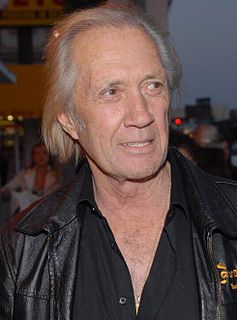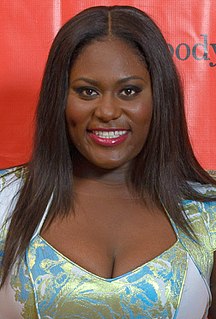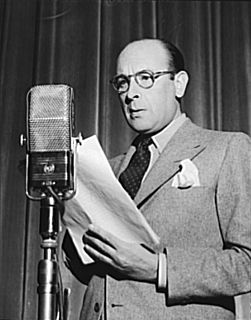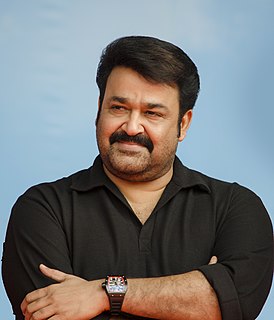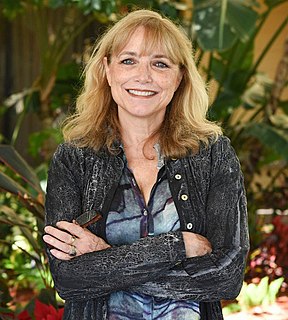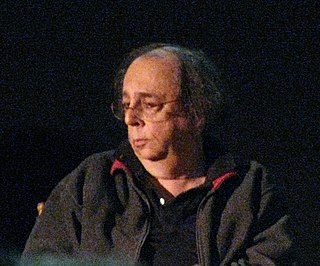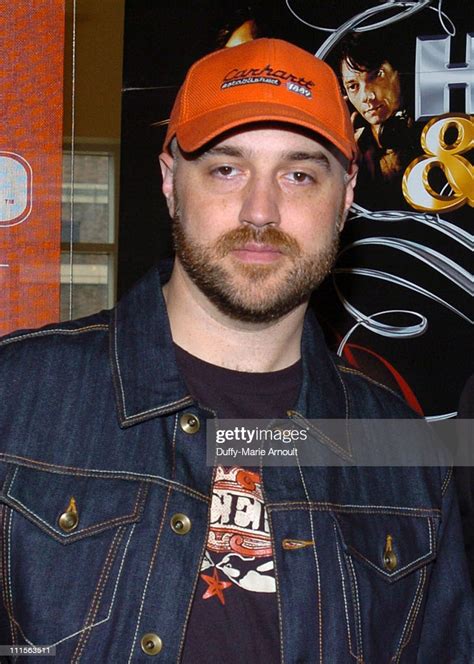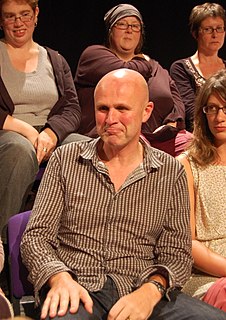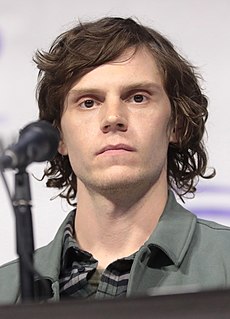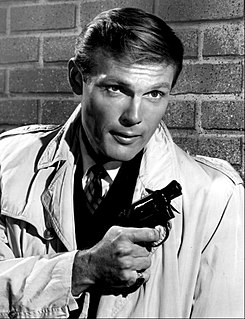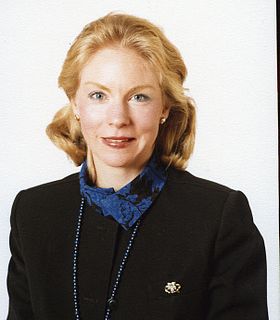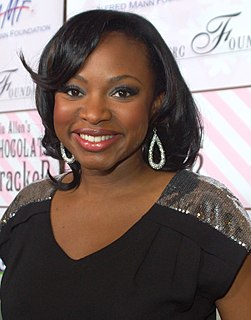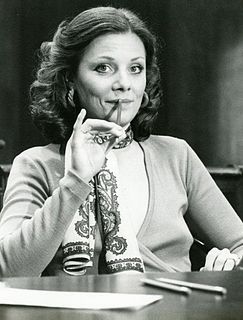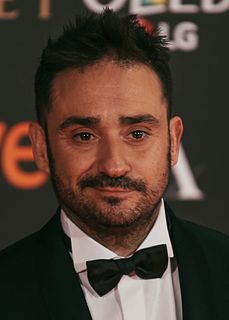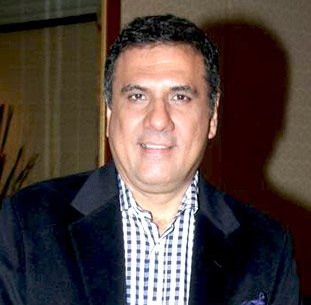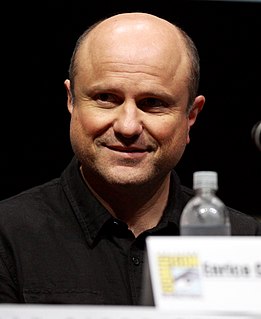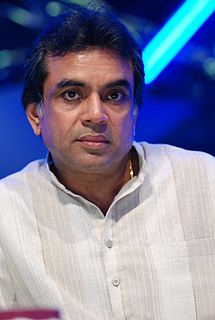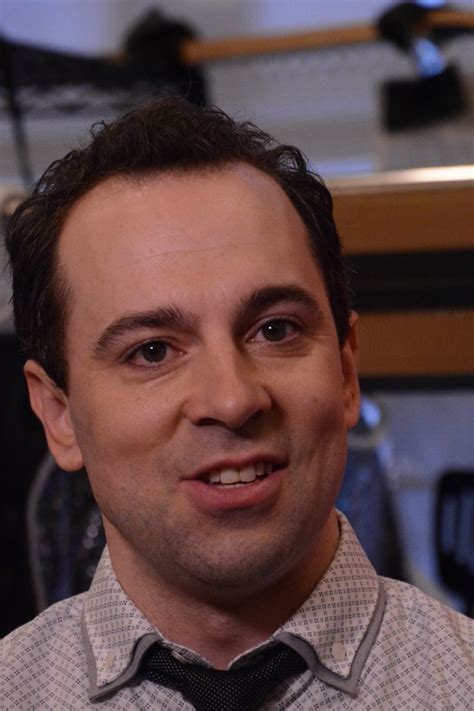Top 1200 Actors And Audience Quotes & Sayings - Page 2
Explore popular Actors And Audience quotes.
Last updated on April 19, 2025.
To be honest, I am not theatre-trained and though I am confident in my skill set, to do theatre requires a better-tuned set of muscles and I sometimes defer to actors who are better trained. But at the times I do want a shot, I'll go for it, especially if the piece speaks to me and the opportunity comes up. The immediate response from a theatre audience is so thrilling, affirming, and soul-feeding; to know how you've affected an audience at curtain can be ego-blowing, both good and bad.
The big difference I think between tv and stage is definitely the immediate buzz that you get. And that's not just as an actor, as an audience member you're getting the chance to have this kind of two-way process where the actors and the audience are experiencing the same thing. With tv you often have to wait months and months down the line to actually get the pay-off. Whereas with theatre it's a very immediate thing.
People are very uncomfortable when you call actors artists because there are a lot of actors out there that aren't artists - there are a lot of actors that are hired for very specific reasons that are shallow and have to do with sexual currency and what the industry thinks sells. Real actors are artists, they're expressionists.
We are a nation that has always gone in for the loud laugh, the wow, the yak, the belly laugh, and the dozen other labels for the roll- em-in-the-aisles gagerissimo. This is the kind of laugh that delights actors, directors, and producers, but dismays writers of comedy because it is the laugh that often dies in the lobby. The appreciative smile, the chuckle, the soundless mirth, so important to the success of comedy, cannot be understood unless one sits among the audience and feels the warmth created by the quality of laughter that the audience takes home with it.



